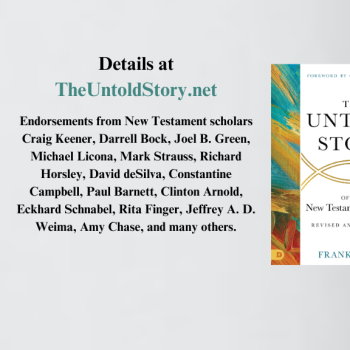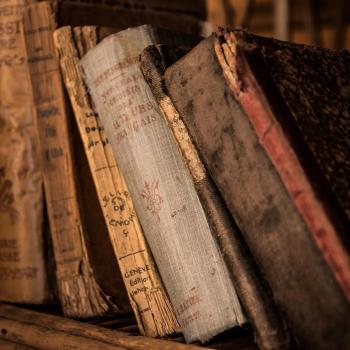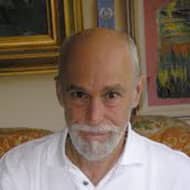To instill and nourish this trust, he discovers, persistence is key. Dedication, diligence, devotion, he finds, too, are all synonyms for the moral virtue of continuing to show up for whatever life has in store. "Maturity," he reminds us, "is knowing that the world is constantly creating you moment by moment, but also that you are creating the world as you come forward to meet it with your skills, talents, and activity."
Mindfulness for at-risk youth
As the Buddhist wisdom traditions and meditative arts known collectively as "mindfulness" are coming into wider and wider acceptance in Western life, they're found to have potent efficacy in rites of passage for youth. Without mindfulness (and its close cousin "emotional intelligence"), any youth in today's culture is at risk.
A child of middle-class background, for example, may not seem prone to shoplift or ingest toxic chemicals -- until he or she succumbs to our society's emphasis on having. Some may speak of a classless society, but we know too that kids in disenfranchised, marginalized communities, at the bottom ranks of the social totem pole, are obviously at risk. So our compassion for them might thus be greater.
For kids at risk, training in mindfulness can not only help them frame for themselves their ethical dos and don'ts, and handle difficult emotions, but also see themselves in a larger perspective.
Noah Levine testifies first-hand as to how mindfulness gave him a life raft with which to liberate himself, even inside the bars of a prison:
The years of violence and street life had finally caught up with me. There was nowhere to hide from the life of addiction and crime that I had created.
Waking up in a padded cell, my head bruised and bloody, I screamed with rage at an unknown assailant. The padded walls and cushioned floor trapped me in there with my worst enemy, Myself.
This time in juvenile hall something was different, I could see where I was and it scared me. It was more real and for the first time in my life, I knew that where I was and what I had become was my fault. I was the only one to blame. I had always blamed everyone else: the cops, the system, society, my teachers, my family; everyone but myself. "I was a victim of my surroundings, product of my environment." But none of that was working any more.
I was the one stealing, taking drugs and hurting people. I was the one who had broken the window to steal the stereo to get a fix. I was in jail because of my actions not because of any one else.
On the phone with my father, I told him about all the regret and fear I was experiencing. He suggested that some simple meditation techniques might help alleviate some of the pain I was feeling.
Ten years later, Noah Levine returned to prison: to teach the simple techniques of mindfulness to incarcerated youth, and to youth at risk, and has been instrumental in a national movement for same.
Our youth are our future. A better tomorrow is possible.
For further reading:
Norman Fischer
Taking Our Places: The Buddhist Path to Truly Growing Up
Soren Gordhamer
Just Say Om!: Your Life's Journey
Meetings With Mentors: A Young Adult Interviews Leading Visionaries
Noah Levine
Against the Stream: A Buddhist Manual for Spiritual Revolutionaries
Dharma Punx: A Memoir
The Lineage Project
http://www.lineageproject.org/
Sumi D. Loundon
Blue Jean Buddha: Voices of Young Buddhists
Franz Metcalf
Buddha in Your Backpack: Everyday Buddhism for Teens
Sharon Salzberg
The Buddha's Apprentices: More Voices of Young Buddhists





